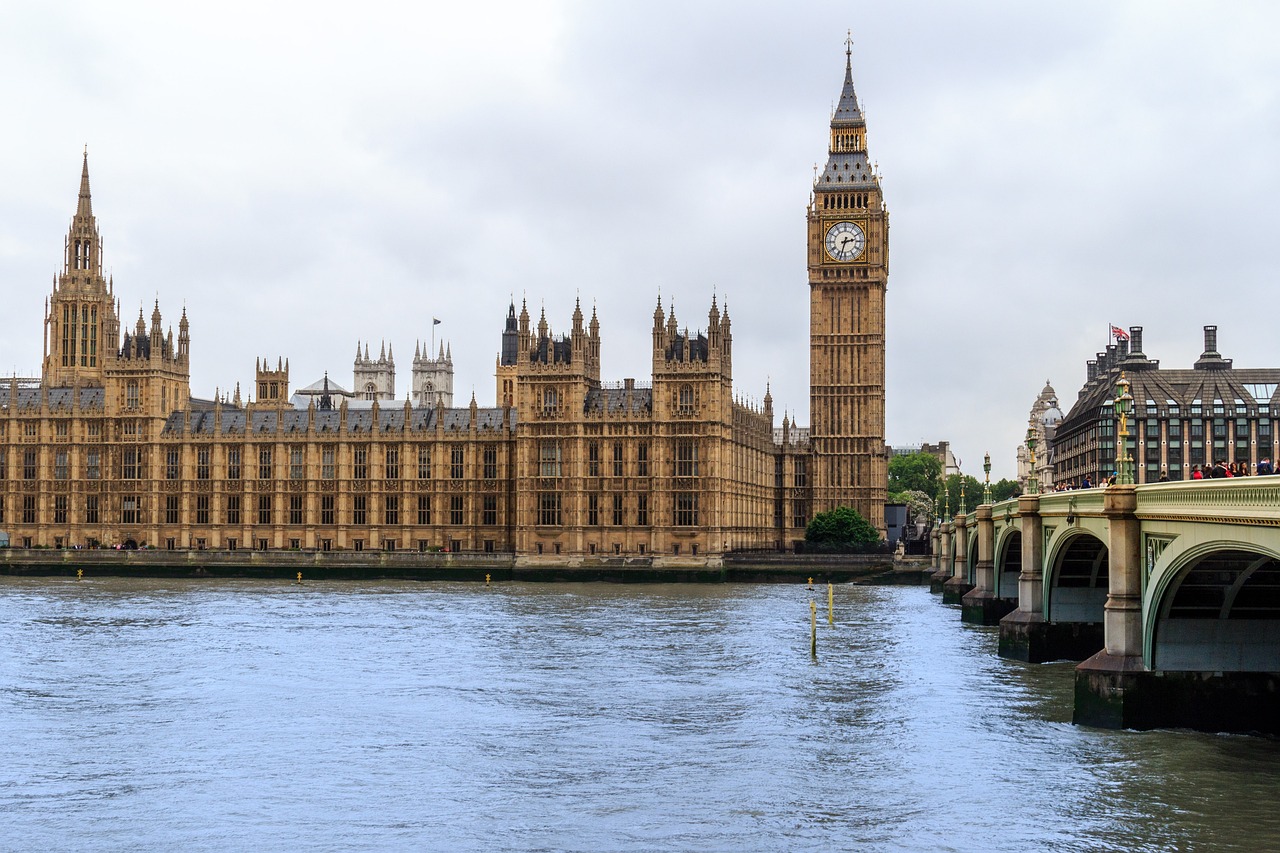 News
NewsThe UK Illegal Migration Act will cause over 30,000 backlogged asylum applications unable to be processed, according to a report released on Wednesday by independent charity Institute for Policy Research (IPPR). These asylum seekers are considered “perma-backlogged” since they cannot be removed to their unsafe home country but are also deemed permanently inadmissible pursuant to the newly enacted asylum law.
The act tasks the UK Home Secretary to deem irregularly arriving migrants permanently inadmissible to the asylum system. The term “irregular migrants” includes anyone entering the UK through methods other than the government’s list of safe and legal routes. Once the key provisions of the act are in force, the Home Secretary will be duty-bound to remove irregular migrants who arrive in the UK after the act received Royal Assent. The Home Secretary is then tasked with deeming them permanently inadmissible to the asylum system.
However, most of these “irregular” migrants come from unsafe countries that cannot be returned to their home countries. The act has left them in limbo or, in the words of the Home Office, “pending the further stages of the inadmissibility procedure.”
The Home Office will also face a dilemma in dealing with migrants arriving after the act was introduced in Parliament in March 2023 and before it received Royal Assent in July 2023. Although the old immigration law applied to these migrants, the Home Office cannot grant leave for these migrants to remain under the act. If the Home Office makes a positive decision on an asylum claim and has to grant leave to remain, its only option is to grant these applicants a limited leave to remain by invoking section 30(3)(4)(a) of the act. This subsection empowers the Home Secretary to grant a limited leave to remain if a failure to do so would contravene the UK’s obligation under the European Convention on Human Rights or any other international treaties.
The current immigration policy imposes a significant financial burden on the UK government, as the government has increasingly provided “contingency accommodation” to migrants, including hotels, the ex-RAF Wethersfield base, and the Bibby Stockholm Barge. The government also hired more staff to deal with more claims in the months up to the “legacy” backlog being cleared. The total cost of the asylum system in the years spanning 2022 through 2023 was £3.97 billion, compared with £500 million a decade earlier. This is expected to increase massively with this new form of backlog, with the report estimating that it will raise the financial burden by millions as the Home Office may have to permanently provide migrants with accommodations and financial support. According to the report, this is likely to include most of the 22,400 applications made between March 7 and July 20, 2023. The Home Office has already announced plans to stop the processing of these claims in December.
IPPR is calling for the government to begin processing claims in order for asylum seekers to be allowed to remain in the UK and begin work, or be removed to their home country. Marley Morris, IPPR associate director for migration released the following statement:
Chaos in the home office has led to tens of thousands of asylum seekers stuck in a perma-backlog, unable to get on with their lives and costing the taxpayer millions. This was an entirely predictable outcome of the Illegal Migration Act. The only way to escape this situation is for the Home Office to start processing claims.
The report follows a press release from the Home Office on the January 2, which claimed that the government had met the “legacy” backlog of asylum cases, finally completing Prime Minister Rishi Sunak’s December 2022 pledge. However, IPPR still observed 4,500 backlogged “complex cases” in the legacy backlog that involved age assessment, serious medical concerns or potential criminal records. There were also around 38,500 asylum applications that were stuck in a tougher two-stage process asylum assessment process under the Nationality and Borders Act for lengthy periods. Lastly, another 55,500 backlogged asylum applicants were regular migrants arrived after the act received Royal Assent.

